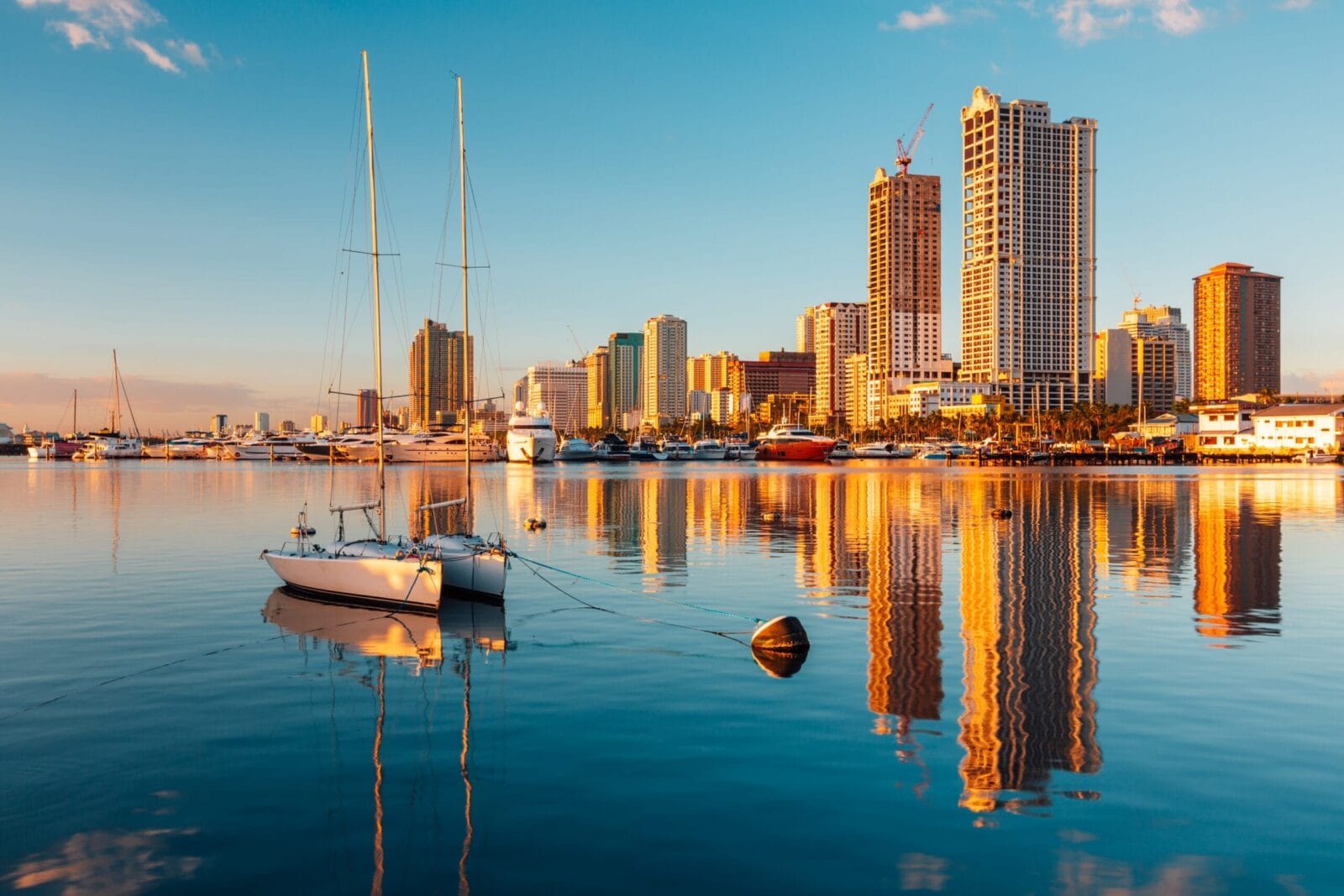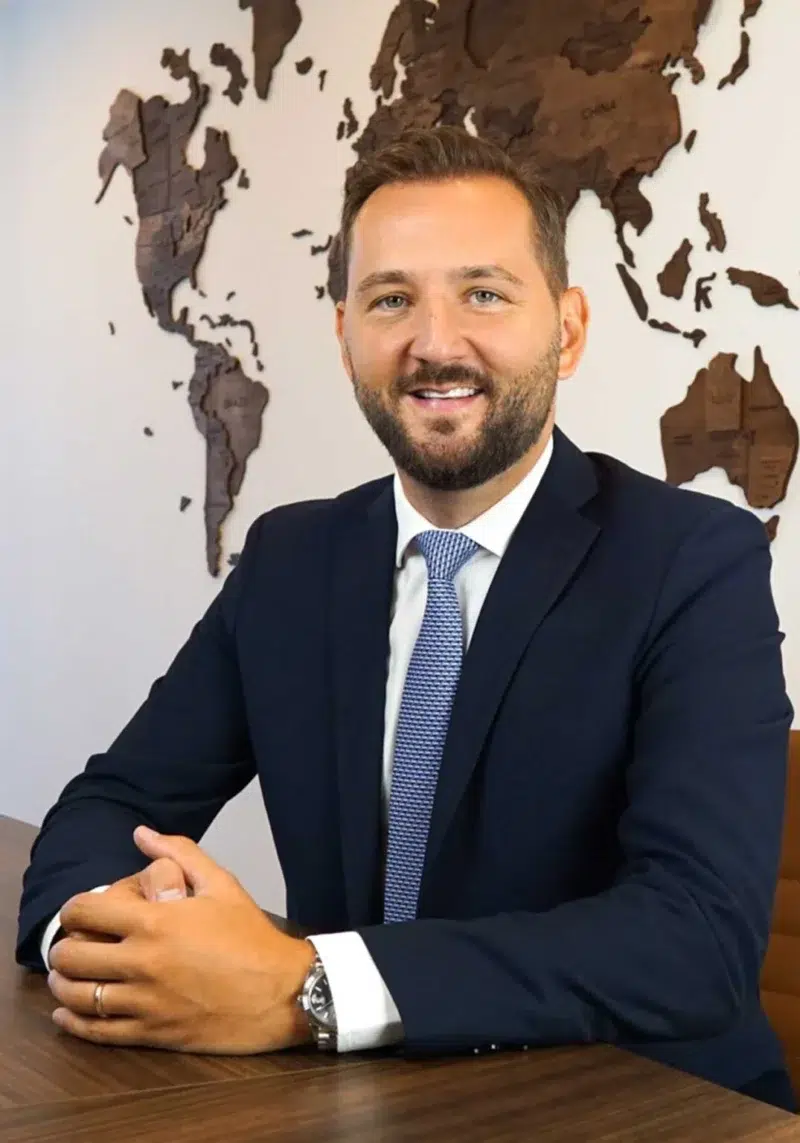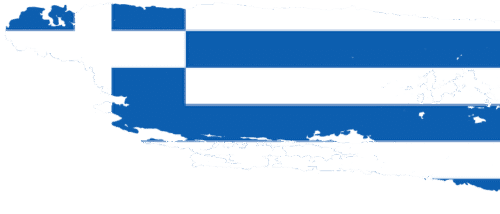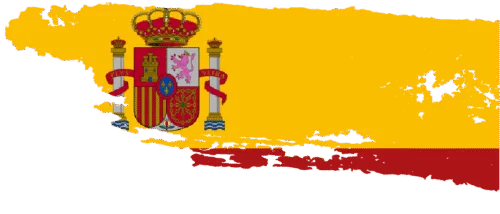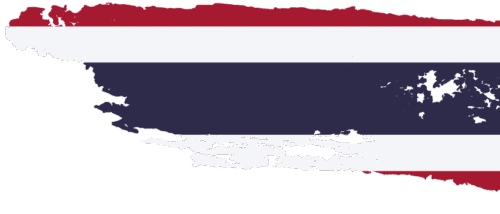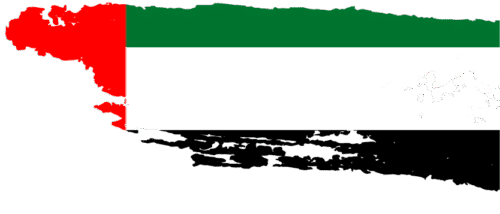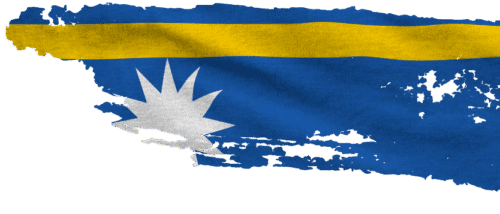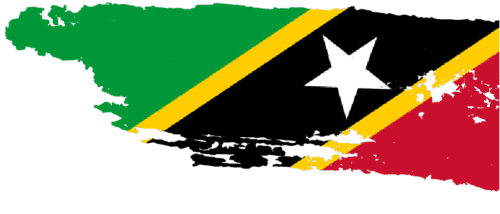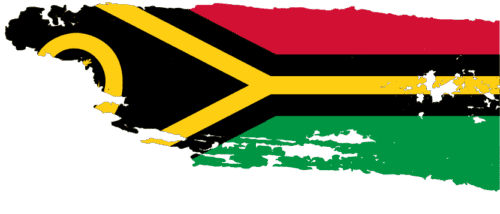The term Residency and Citizenship by Investment (RCBI) is well known amongst the world’s high net worth individuals. A pathway to secure a residency or a second citizenship through an investment that would extravagantly enhance their lifestyle is something too good to pass on, and RCBI is becoming more popular by the day.
During the 20th century, investment migration was limited to a few options, but as the world became increasingly globalized and travel became more complex, more investors looked for tools to elevate their global mobility. There came better awareness of the benefits of RCBI, so demand for it grew, and governments obliged, creating their own RCBI programs to attract the best investors on the globe.
The most popular of those programs can be found in Portugal through its golden visa, a pathway to obtaining residence and eventually citizenship through investment, as well as the citizenship by investment programs (CIPs) found in the Caribbean Region within the nations of Antigua & Barbuda, Dominica, Grenada, St Kitts & Nevis, and St Lucia.
While the premise of the Portuguese golden visa differs from that of Caribbean CIPs, investors will undoubtedly compare both as they get ready to pursue an investment migration venture.
A shrewd immigration and wealth planner will say that they both compliment each other perfectly, and that they are not at odds, but for the investor wishing to start out with one option, this piece will take a deeper look at how they compare in critical areas.
Portugal Golden Visa VS Caribbean CIPs
Portugal’s golden visa is a simple program, investors who make a qualified investment starting at 280,000 EUR in property or 500,000 EUR in investment funds can obtain a residence permit within 6-9 months. They only have to spend seven days a year in Portugal and hold their investment for five years to maintain their residence permit, and at the end of that period they can apply for Portuguese permanent residence and citizenship; they can then recoup their investment or resell their property.
All five Caribbean CIPs are fairly similar to each other; an investor who makes a qualified investment in real estate starting at 200,000 USD or who pays a non-refundable contribution to the government starting at 100,000 USD can obtain the citizenship of that country within 3-6 months. Applicants do not need to spend time in the Caribbean to get their citizenship, with the exception of Antigua & Barbuda, which requires applicants to spend five days within the nation every five years to maintain their citizenship.
While comparing a residence permit in the EU and a Caribbean Commonwealth citizenship may seem far-fetched, the truth is that the main allure of Caribbean CIP is the enhanced global mobility of their passports, which grants visa-free access to the EU, a benefit that the golden visa grants its holder by default. So those considering a Caribbean passport should also look into obtaining a residence permit in Portugal, which also ends in citizenship.
Both options can be compared by taking a closer look into four major factors; the benefits, program reliability, investment and financial specifics, and the process itself.
Benefits
The most important part of investment migration is the benefits it bestows on its holder, as the investment must be worthwhile.
The main benefit of the Caribbean CIPs lies within its enhanced global mobility, as a St Kitts & Nevis passport grants visa free access to 157 destinations worldwide, including places like the UK, Singapore, and most crucially, the EU. There are other benefits, such as enhanced tax planning and asset protection, but those can be easily achieved through a local financial advisor without the actual need for obtaining a citizenship beforehand.
The Portuguese golden visa also provides a boost in global mobility, allowing its holders to access the entire EU visa free. Golden visa holders also do not require to apply to the EU’s Electronic Travel Information and Authorization System (ETIAS) before traveling to Europe, unlike their Caribbean counterparts. Moreover, golden visa applicants eventually obtain the Portuguese passport, they gain a robust travel document, allowing them to access 187 destinations worldwide including the UK, USA, and many more.
The benefits Portugal offers are still plentiful, as the global status of the EU country is gargantuan compared to the smaller Caribbean nations. Unsurprisingly, Portugal, with its 10 million population, fairs much better in terms of economic prowess, education opportunities, and robust infrastructure than its Caribbean counterparts. The vast divide in resources means that Portugal offers much better opportunities, with six of its universities in the top 500 worldwide, a very low unemployment rate, a growing economy, and the 27th best healthcare system in the world.
In terms of tax planning, Portugal also has a favorable taxation scheme, however, this is exclusive to a niche of its residents. The Portuguese Non-Habitual Residence (NHR) taxation scheme offers massive tax benefits and cuts, but it is only accessible for certain types of residents, with which Portuguese golden visa holders perfectly align.
The Process
The program itself is a major point, as investors want a seamless process without hiccups. Luckily both the Caribbean CIPs and the Portuguese golden visa have streamlined processes that can be completed remotely. Neither option requires investors to travel or reside in the country prior to applying, and even processing times are quite similar, with the Caribbean CIPs edging out Portugal’s program by only three months on average.
Reliability
Another major talking point is the long-term reliability of the program. Both options are government run, authentic programs that are reliable for the long term. Once an investor obtains Portugal’s citizenship, they can continue to pass it down to future generations, while many of the Caribbean CIPs offer the same benefit. This continuity of the golden visa provides investors with the chance to cement their legacy through establishing a foothold in the EU and passing it on to their future generations indefinetly.
However, the Caribbean CIPs do have a glaring issue with very long-term dependability in one crucial area, visa-free travel. Some Caribbean countries do not allow future generations to inherit the passport beyond a certain point, while their main allure, the enhanced visa-free access they offer, can change due to political issues, much like how St. Kitts & Nevis lost access to Canada back in 2014.
Investment
Last – but certainly not least – comes the financial aspect of the programs. The bottom line plays a major role in investment migration, and it is important to consider the long term ramifications of either choice.
At first glance, the Caribbean CIPs look much cheaper than the Portuguese golden visa, starting at 100,000 USD instead of 280,00 EUR. It is worth noting, however, that the 100,000 USD is a non-refundable contribution, and investors will get nothing back.
Even in terms of Caribbean CIP real estate, it has proven less predictable regarding its resell capabilities. Out of 160 government-approved projects, only 51 have been built, while a whopping 87 have not even begun the process. The main reason is that these projects mainly depend on CIP applicant funding, and if they do not get sufficient funding, they are stuck in a loop where they are struggling to attract investors because they haven’t begun construction, and they can’t build because they are not attracting investors.
Selling an actual property is much easier than selling an off-plan one that has not seen any activity in years, and Portugal edges out the Caribbean CIPs here as applicants can buy ready property that is available for immediate use. They can also rent it out for profit.
However, the Portuguese investment fund option proves even more economical, as it is a straightforward injection of cash that is recouped after five years without the hassle of needing to find a buyer or dealing with any taxes.
The fund option, which has recently become the most popular one, allows investors to recoup their entire investment amount after five years without any hassle liquidiating it. For example, real estate requires applicants to eventually find a buyer and deal with property transfer tax. Funds, on the other hand, are much simpler; at the end of the term investors get their money back through a bank deposit, not losing a cent, and they can even make money through annual profits, making it the easiest and most profitable option available.
Two Great Options, One Clear Priority
While the Caribbean CIPs and the Portuguese golden visa remain two outstanding options, starting off with Portugal’s program provides a solid foundation of benefits and financial viability that the Caribbean nations cannot currently match. The best practice would be to obtain both, but the smart move would be to start off with Portugal.



